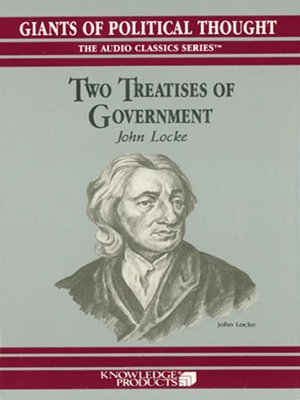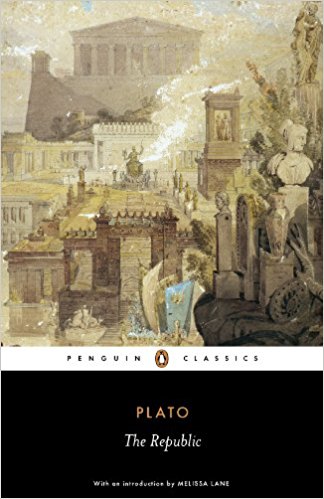|
Two Treatises of Government
by John Locke Published in 1689 548 pages Thibault’s Score: 3/5 I really expected to agree with John Locke, and was surprised that I didn’t. During my many years as a libertarian, I heard a lot of good things about John Locke, although I never actually read him. I was very disappointed. In Locke’s first treatise, he argues against absolute monarchy and provides counterarguments to the divine right of monarchs. This treatise is interesting for historical reasons, and gave me a lot of unprecedented insight into the minds of people in the 17th century, but otherwise doesn’t apply to modern life. In the second treatise, Locke argues for human rights. The second treatise contains a lot of the egalitarian rot which has infected modern day Europe. Locke opens by describing men in the state of nature. He argues that all men are born equal, because in nature, there is equality. This premise is absurd - Darwinian evolution of apes into men would have been impossible had all the apes been equal. Our biological differences condemn us to inequality. This absurd premise itself stems from the egalitarian aspects of Christianity. Locke then proceeds to argue that things are just or unjust, fair or unfair, equal or unequal without defining those terms. I was disappointed because I expected John Locke to be a much better writer than he turned out to be.
0 Comments
The Republic
by Plato Published in 381 BC 220 Pages Thibault’s Score: 5/5 I don’t give good scores to books because they are classics - in fact I recently have written abysmal reviews of Utopia, Paradise Lost, and Reflections on the Revolution in France. The Republic is one of the best books that I have read all year. I have heard a lot about it but never actually read it cover to cover - everyone knows about the allegory of the cave, but few people have actually read Plato. Like Nietzsche, Plato is a must read, and should only be interpreted from the source himself. I found that many ideas which I have been thinking about and considering for the last few months have already been expounded upon in Plato. His politics were always misrepresented to me by libertarians, when in fact, Plato is much more reasonable than I expected. There are many very interesting ideas exposed in “The Republic,” ideas which can best be explored by going out and reading the book. The most interesting to me was realizing that Plato was a porto-Christian. The philosophy of the noble lie and the rule of philosophers foreshadows Christianity and rule by priests. I understand now why The Republic has stood the test of time. A very highly recommended book for everyone - one that I plan on rereading again in the near future. |
Thibault SerletMost of my articles are book reviews, but I also write about many other topics. Archives
December 2023
Categories |


 RSS Feed
RSS Feed